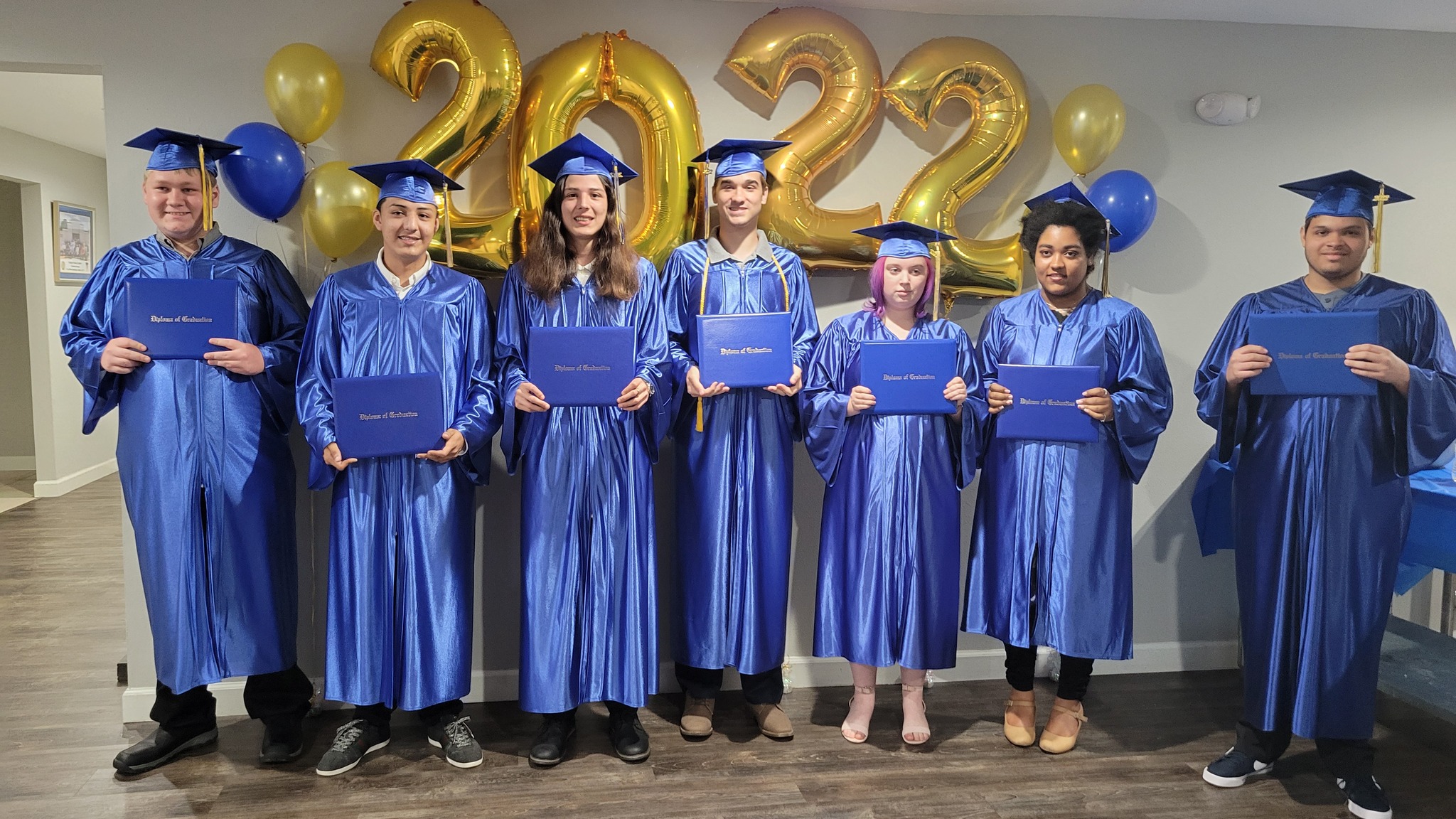Our Philosophy
Our philosophy is to provide a well-rounded education, grounded in a commitment to teach to the student, not to the standard. At our school, which specializes in Dyslexia education, our faculty, staff, and parents collectively unite to form an environment supportive of creativity, academic achievement, personal growth, and social responsibility.
Our goal of academic proficiency in Dyslexia education goes hand in hand with our commitment to establishing strong core values in our students. These values include respect, family, unity, love for others, self-respect, and perseverance.
Nurturing self-esteem is another top priority in our approach to Dyslexia education. Our students understand the importance of self-reliance, which must be tempered by being aware of one’s surroundings and the needs of others. Our students are also aware that everyone’s success and happiness are inextricably linked to the happiness and success of those with Dyslexia whom life’s experiences are shared.
Our Story – Dyslexia education
We began as the Dyslexia Institutes of America in 2001. Our emphasis was on diagnosing individuals with dyslexia and providing them with therapeutic services. Upon parental recommendations, we ventured into education and eventually became accredited as a private school. Immediately following, we began educating students with dyslexia and other varying exceptionalities including, but not limited to, autism, ADHD/ADD and specific learning disabilities. We focus on individual teaching with small size classes of not more than 15 students. We ensure that our students receive grade appropriate work, at a modified level and pace. Upon graduation and receiving a diploma, our high school students have the necessary tools to move on to college, vocational schools, the military, or the work force.
Private Teacher Qualifications
- Individuals with a bachelor’s degree, in any major, are qualified to teach in participating private schools.
- The experience must be earned as a K-12 teacher in a public or private school.
- Participating private schools may employ as teachers, individuals who do not meet either of the above requirements, if they possess a skill set that makes them well-suited for teaching specific courses. For example, a native French speaker may have knowledge and expertise that would qualify him or her to instruct an Intermediate French Course.

